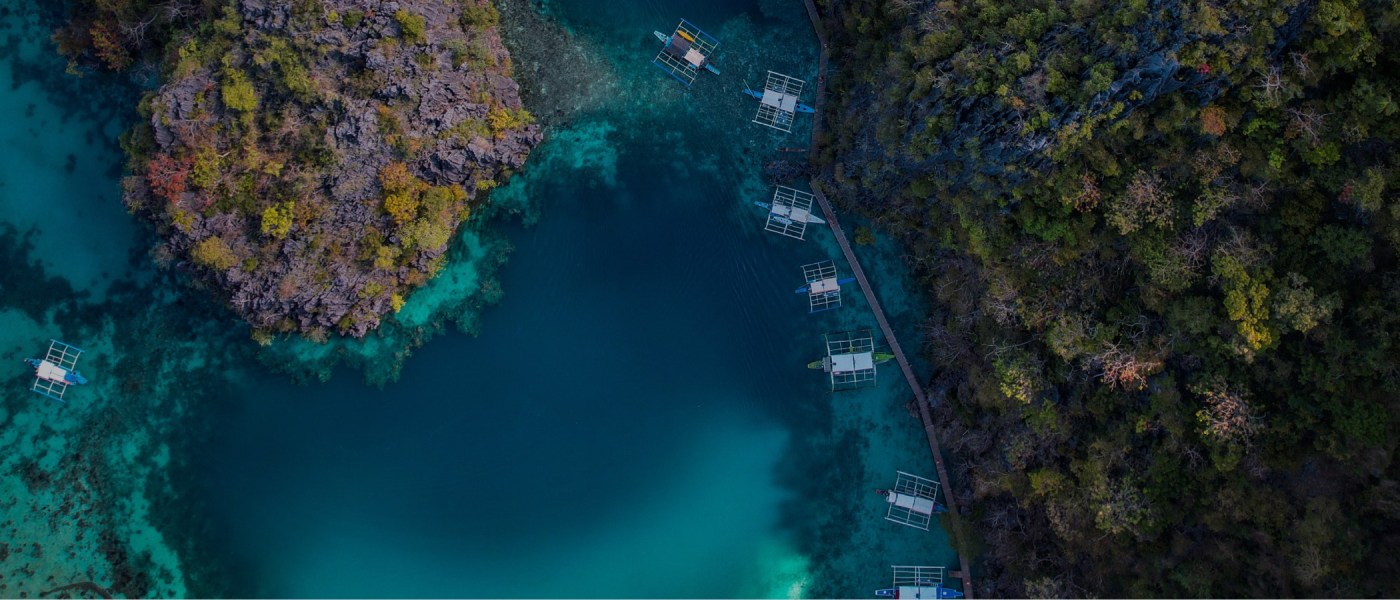
Everything EA+
From blog posts to fact sheets, video tutorials to general travel advice, if you’re seeking information, this is where you’ll find it.

Travel Tips
From 2023 to 2024, there has been a concerning 60% increase in death-related incidents among travelers. This surge underscores the heightened risks that travelers face, emphasizing the critical importance of…

Travel Insurance
Medical Evacuation
If you’re traveling and have medical concerns that require specialized transport, what are your options? Let’s dive in.
Medical Evacuation
While a scenic drive from San Francisco to San Jose (roughly 52 miles) may cost you a tank of gas, an air ambulance flight covering that same distance could cost…
Medical Evacuation
A detailed examination of the costs associated with a life flight, the factors that influence cost, and the role of health insurance.
Elevate your journey with unrivaled benefits and peace of mind that over 2 million people have experienced with Emergency Assistance Plus.


The Transportation Home service is one of our most valuable and utilized services. In this article, we will take a deeper dive into this critical service.

Learn more about the plans that Emergency Assistance Plus offers.

A comprehensive overview of EA+ membership options: Individual, Family and Extended Family

From vehicle types to examples of real-life scenarios, discover everything you need to know about medevac protection.

If you’re traveling and have medical concerns that require specialized transport, what are your options? Let’s dive in.

Medical repatriation is the process of returning a sick or injured patient to their home country via air ambulance or commercial medical escort. It is done when a traveler requires…

Is travel insurance worth it in 2025? For older travelers, the answer often becomes clear only when something goes wrong. Imagine you’re in your 70s and planning a long-awaited European…

The best travel insurance for seniors does more than protect your trip—it offers peace of mind when health issues or travel disruptions arise. As we age, we face a higher…

Your honeymoon is a cherished experience. Protect it with the right travel insurance coverage, tailored to the unique needs of newlyweds.

Uncover the truth about travel assistance plans! We’re debunking 5 myths and sharing how plans like EA+ can help every traveler, no matter where they go.

Discover the top features to prioritize when choosing a travel assistance plan, from medical evacuation to companion support, ensuring peace of mind for every journey.

Wondering how to plan for the worst case scenario on your international trip? This guide to repatriation coverage will help.